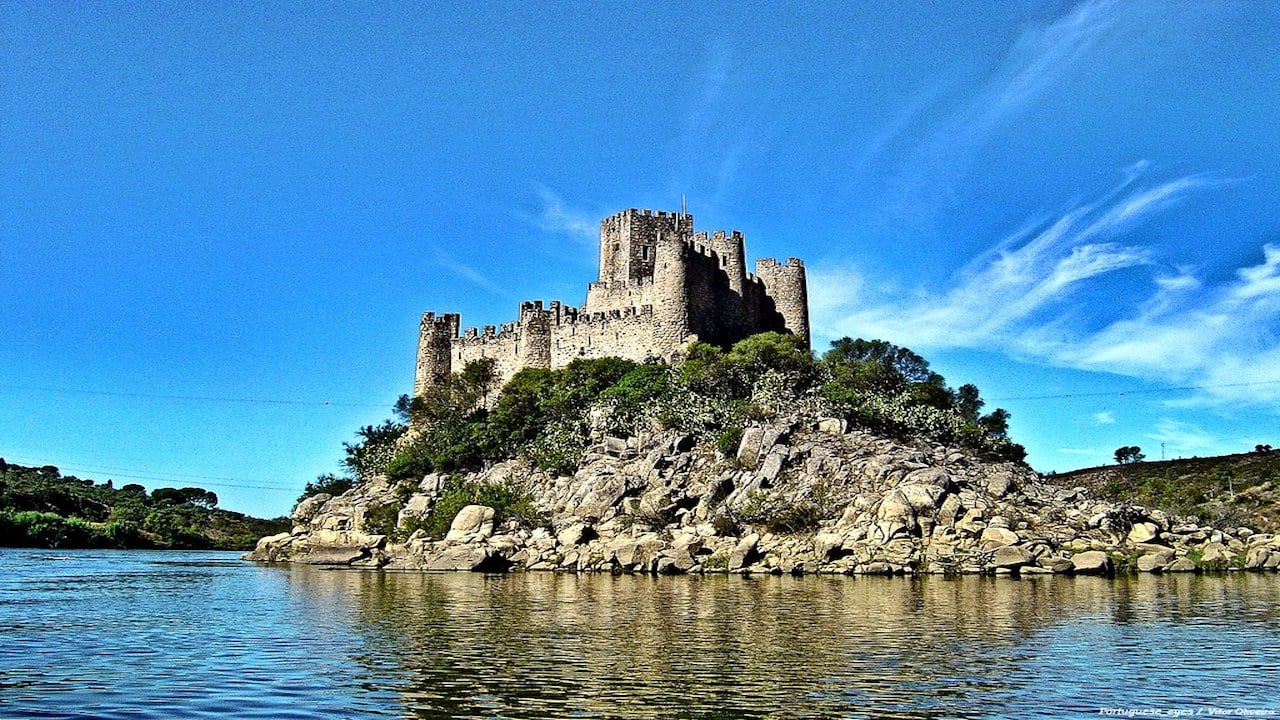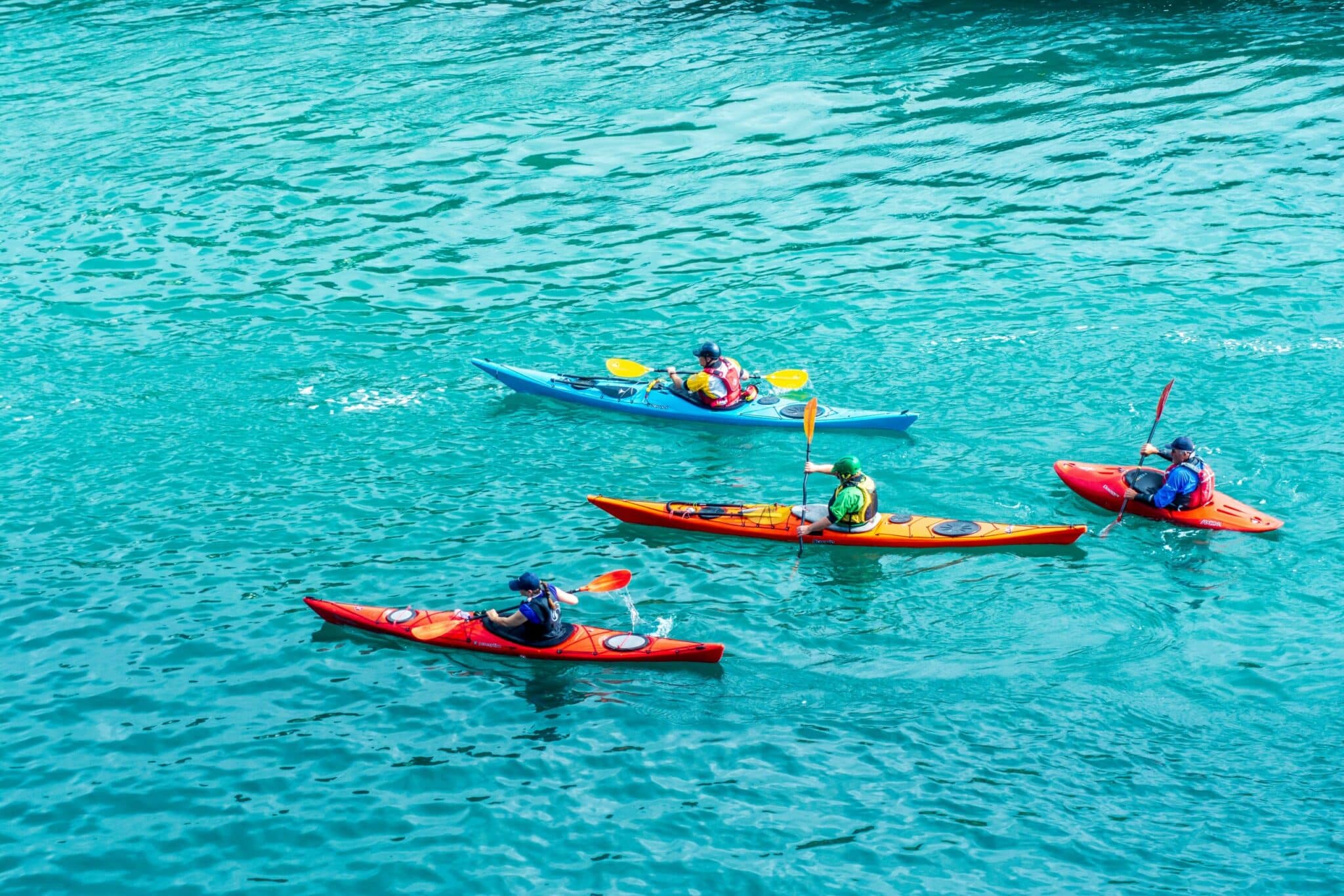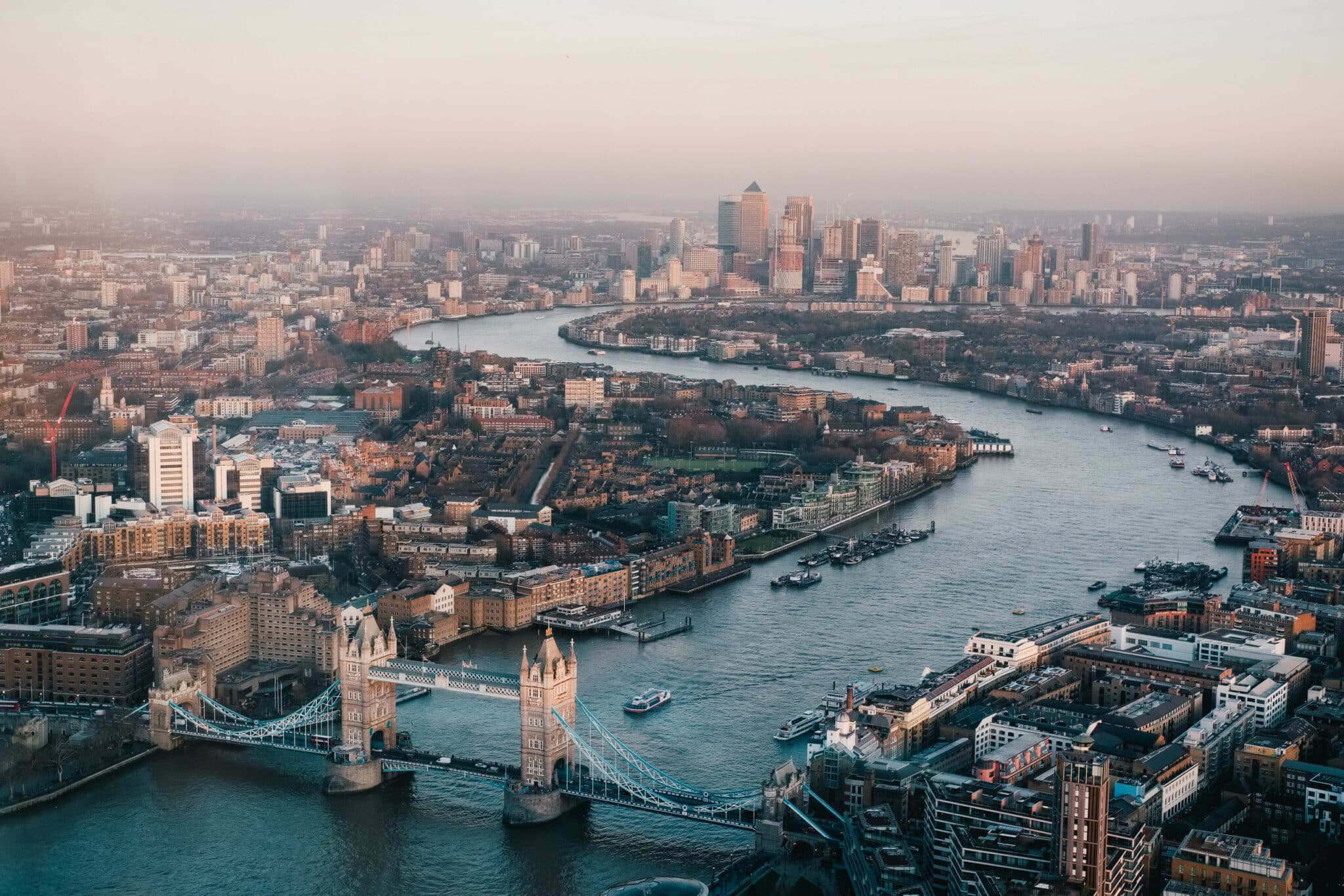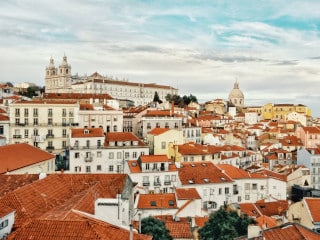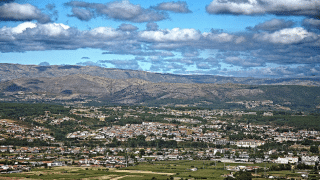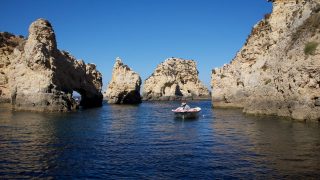During your stay in Portugal, discover the countries rich history. Portugal was once considered to be one of the biggest empires in the world. The country is well documented by many artefacts, which are shown through its history and culture. But what makes Portugal so interesting is its unique and diverse history.
How old is Portugal?
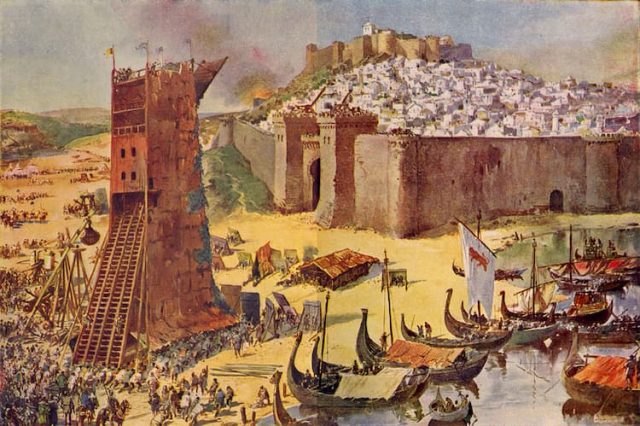
Portugal is one of the oldest countries in Europe, with approximately 400,000 years of age. It is located in the southwest of the Iberian Peninsula, a region that lies between Spain and the Atlantic Ocean. You will find that the culture and history of Portugal are present around the world and are still visible today. This is one of the reasons why Portuguese is one of the most spoken languages worldwide and why people are more open to other cultures. From the Pre-Roman history, the Imperial era, the First Republic, and the European Union; Portugal is a country that has always kept its best treasure – and that is the ability to welcome people. This makes one of the oldest countries in the world an attractive place to visit and a safe place for people to live in. Do you want to know more about Portugal? Check out our article on 20 interesting facts about Portugal.
Historical facts about Portugal
The history of Portugal was formed by the Romans for over 600 years. The Visigoths took over two centuries after, and for the 800 years after that, the African Muslims (known as the Moors) were present. By the year 1249, the Moors were defeated under King Afonso I’s reign, along with the help of Christian military troops, called the “Cruzadas”.
Pre-Roman history and the Roman Era
The Pre-Roman era took place in 400 BC. Just 400 years before the Roman era, the city of Lisbon was found. During that period, the early Celtic tribes from the north were also found in Portuguese territory. This was when iron was first introduced to Portugal. The Romans took over Portugal between 140 BC and 452 AD. With the country being formerly known as Lusitania, the Portuguese speakers were also considered as Lusophones. Lusophones is a term used to describe a person who speaks the Portuguese language. The Romans conquered Lusitania and made it a province, famous for mining and agriculture. The name Lusitania comes from the Roman God Lusus, the God of wine. They also brought the Latin language to Lusitania. This was how they laid the foundation for the future national language.
The Middle Ages
After the fall of the Roman Empire, the German tribe of Visigoths took over the Iberian Peninsula and established their religion in the kingdom. The Arabic invasion took place after that. This was a time when many Arabic words entered and formed the Portuguese language. The Iberian Peninsula was occupied by the Moors for more than 800 years, with Portugal being part of it for 500 years. In 1279, Portugal became a kingdom – independent of Spain. Want to learn how to speak Portuguese like a true local? Check out our tips.
The first king of Portugal
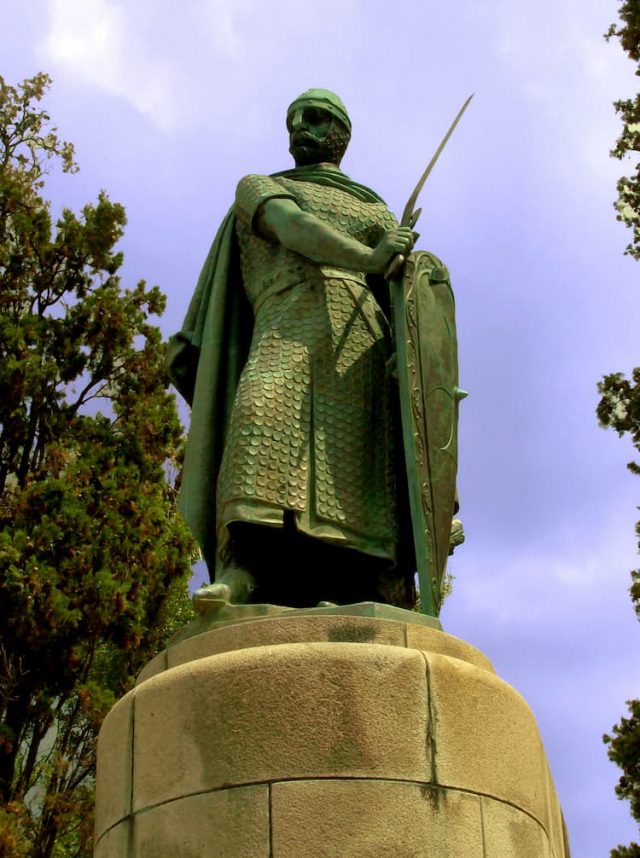
Back in 1143, D. Afonso Henriques became the first king of Portugal and declared independence from the kingdoms of León and Castile. During the 12th and 13th centuries, the Portuguese Kings extended the borders, with the help of the Crusaders, where they finally conquered the Algarve. Interested in visiting the Algarve this summer? Check this out: Visit Algarve, An Ultimate Guide For Tourists.
The Age of Discovery
The Age of Discovery and Exploration is one of the most important eras in the history of Portugal. It took place between the 15th and 18th centuries, with developed trading routes linking Asia and Europe together. During this period, Portugal evolved into a powerful nation, thanks to its explorers below.
1. Prince Henry The Navigator
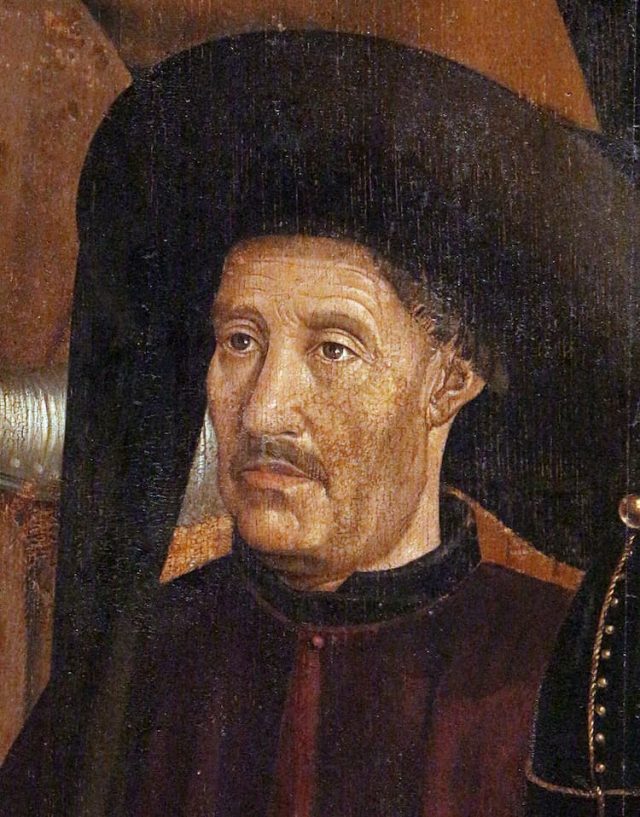
One of the first big navigators in Portugal during this period is Prince Henry the Navigator. Prince Henry was the man in charge of the first trip to Africa. He drove force behind the country’s first colonies on the African continent.
2. Vasco da Gama
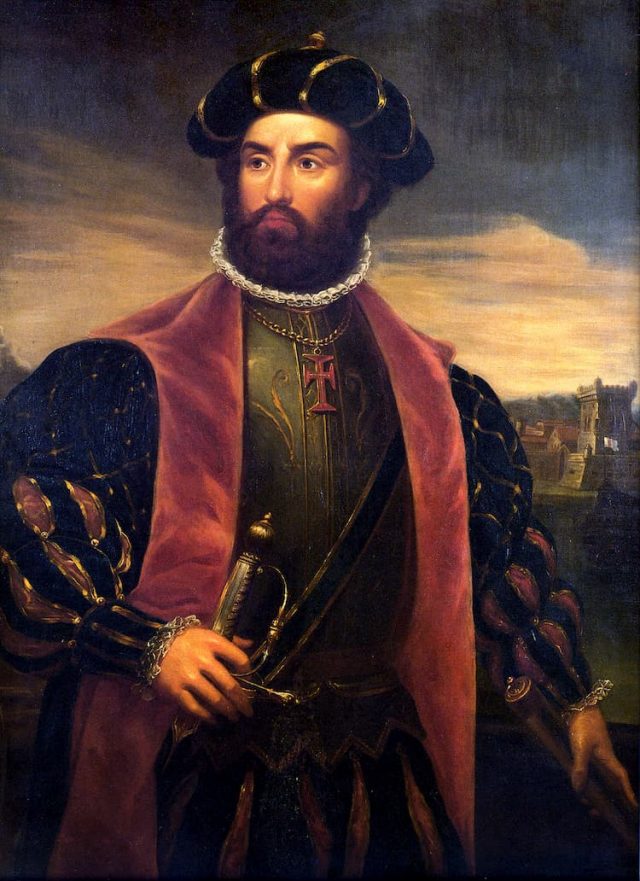
The famous explorer Vasco da Gama, was born in Portugal’s Alentejo region and was the first European to reach India by sea. He was the man who influenced Portugal’s booming empire when he opened a path for Indian spices to trade in Europe. Not only was he responsible for this, but also for linking the West and the Orient. Today, Vasco da Gama is remembered extensively by Portugal with his face appearing on stamps, coins, and banknotes of the country.
3. Christopher Columbus
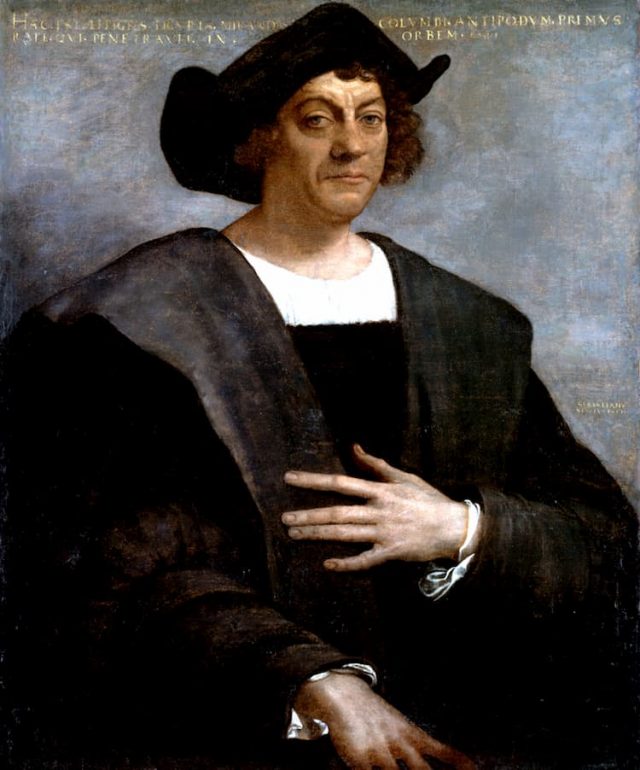
Christopher Columbus was noted as having resided in Lisbon for a few years before he explored the Americas. During his stay, he gained some of his knowledge and training on navigating through the Atlantic Ocean. Between 1492 and 1504, Columbus made a total of four voyages to the Caribbean and South America. He was the explorer who has been credited for opening up the Americas to the European colonization.
4. Fernando Magellan (Fernão de Magalhães)
Fernando Magellan was the first Portuguese explorer to navigate successfully around the entire globe. He was searching for a western sea route to Asia and became the first European to cross the Pacific Ocean. Although he died in the Philippines, the boat continued to sail away and the exotic spices made it back to the Iberian Peninsula without him.
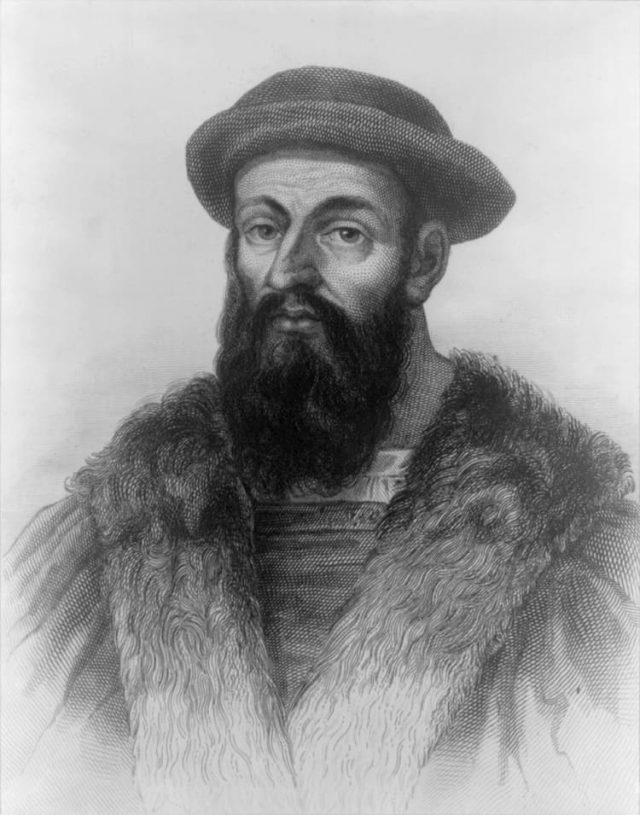
The history of Portugal is quite interesting with several discoveries and colonies established all over the world. The most famous discovery was Brazil (found by Pedro Álvares Cabral), along with colonies in Africa such as Mozambique and Angola. Portugal developed into the first global power and turned into one of the biggest empires at that time, with Spain being one of their biggest rivals.
The Restoration War
In 1578, D. Sebastião suddenly disappeared in a war in Africa, without leaving a next heir to the throne. This led to a two-year crisis followed by a steady decline of the Portuguese empire. Some believe that D. Sebastião will come back on a foggy day, to save the nation from a disaster. Portugal had to fight many wars in Europe, including the Restoration War from 1640-1668. This resulted in the restoration of the King D.João IV, fending off the Spanish king who was trying to take over Portugal.
The First Republic
Portugal maintained a strong relationship with the British Empire. When the 19th century came by, Napoleon’s troops invaded Portugal. The court refused to give in to Napoleon and decided to move to Brazil which resulted in a military attack. After returning 13 years later, the British helped restore Portugal’s independence. However, people weren’t pleased with the British presence. The Republican revolution started taking its form. By 1910, the First Portuguese Republic was established. Due to this, it also brought on the King’s resignation. This ended in 1926, with a military dictatorship.
The Dictatorship And The Carnation Revolution
In 1933, the Second Republic (also known as Estado Novo “New State”) was established by António Oliveira de Salazar. The dictatorship was marked by nationalism and isolation. This prevented Portugal from taking part in both World Wars. Salazar always tried to keep Portugal’s colonies under his rule and many Portuguese had to fight the Colonial Wars. Due to this and many more reasons, such as censorship and lack of freedom, his dictatorship ended in the April 25th of 1974, when the peaceful Carnation Revolution took place. Troops came out to the streets with carnations blocking their guns, on a peaceful protest that ended up dictating a new beginning for Portugal’s history. Portugal was moved by religion at this point in our history. Click here to know more about religion in Portugal.
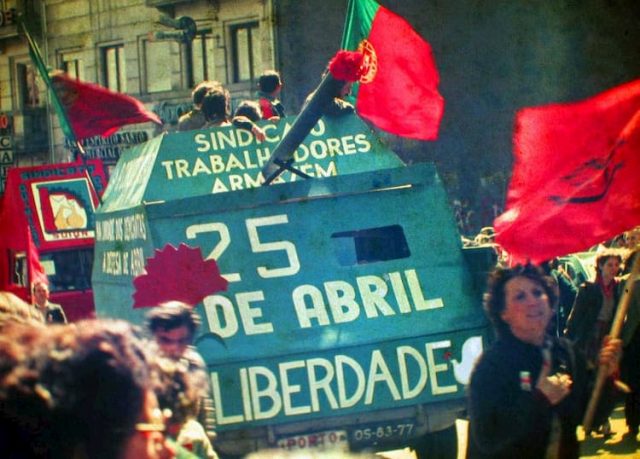
The Democracy And EU Membership
The country was then led into democracy along with its very first elections that took place in 1975. By 1986, Portugal joined the European Union (EU). One of Portugal’s most popular politicians and former Prime Minister, José Barroso, authorized the European Commission between 2004 and 2014.
The Portuguese and Spanish Empires
In regards to the Portuguese and Spanish Empires, they were the first European nations to establish a trade of nations. This contributed to the creation of the first global economy and made a huge impact on these regions, particularly in America and Africa. Spain claimed most parts of America, even the Philippines before the Treaty of Zaragoza. Portugal claimed several coastal territories of Africa, the Middle East, South Asia, and Pacific Asia. These empires were supported by trade routes which brought the newfound wealth of today’s territories. If you are planning on visiting this beautiful country and you want some insider tips, please subscribe to our newsletter.
Portugal flag
Why does it mean so much to the Portuguese? Well, did you know that the Portuguese flag is as rich in history as Portugal itself? It can be traced back through all the wars that were fought and all the travels and discoveries that were made. The Portuguese flag today consists of 5 main colours such as green, red, yellow, blue and white. Green and red are the predominant colours of the flag, with green representing the hope of the nation, and red representing the blood of those who died defending it.
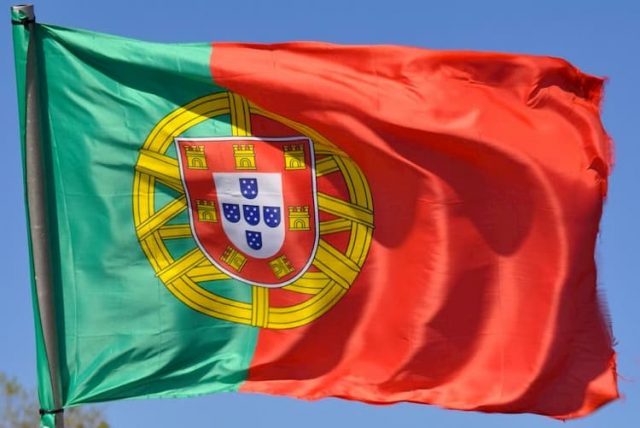
A little off-centre to the left are the main elements of the flag which is the coat of arms with several elements in the middle that is predominantly yellow, white, blue and red. On the flag, there are 5 blue shields that are placed on a white background. All the shields are placed in an upward position with the base rounded. On each of the shields, there are also five little white circles that are displayed in the form of a saltire (a diagonal cross). The red border around the white background has seven castles placed on it and is shaped like a shield. All elements together are known as the main focus of the flag. These are all positioned directly on the margin where the green and red colours conjoin. Overall, the colour red represents the blood through war and the green represents the hope of the Portuguese people. Do you want to know more about the Portuguese flag? Discover everything about it by reading this article.
The 7 countries that were once Portuguese colonies
It is quite tricky to find whole countries that were once Portuguese colonies, despite the extent of the Portuguese Empire. Former colonies still retain some distinctive Portuguese aspects, especially when it comes down to language, religion, and food. But these colonies have been turned into modern-day countries today. Here are 7 interesting former Portuguese colonies that still exist today.
1. Angola
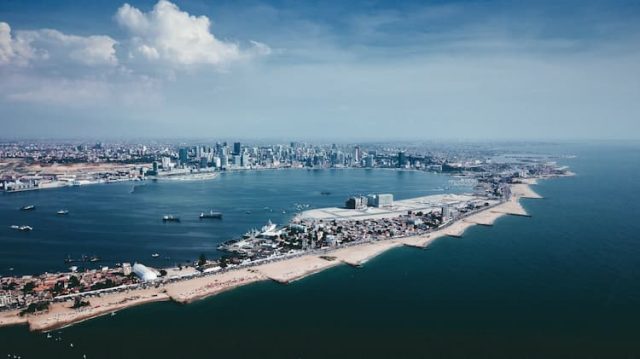
Angola became a Portuguese colony in 1575. It celebrated 35 years of independence on the 11th of November 2010 with an extension of over 1.2 million square kilometres of southwest Africa and has an estimated population of about 18 million. Angola is the second-largest oil producer in Africa but its people are amongst the poorest on the continent. Portuguese is the official language in Angola.
2. Brazil
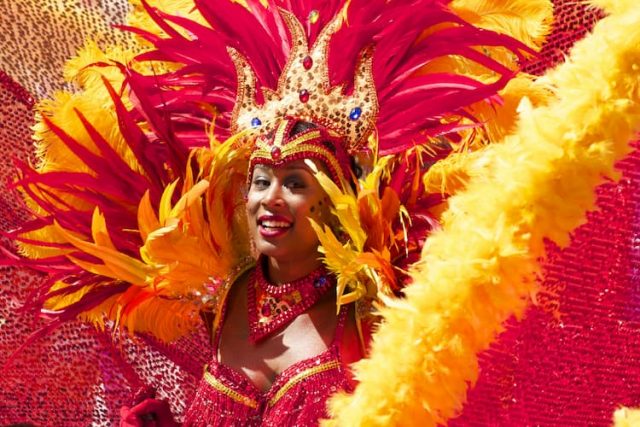
Brazil is a huge South American country which became a Portuguese colony in 1500. Today, you will find that there are approximately 194 million people in Brazil and their official language is Portuguese. They have amazing carnivals, a tradition brought to the country by the Portuguese (called Entrudo at the time) and a passion for soccer.
3. Cape Verde
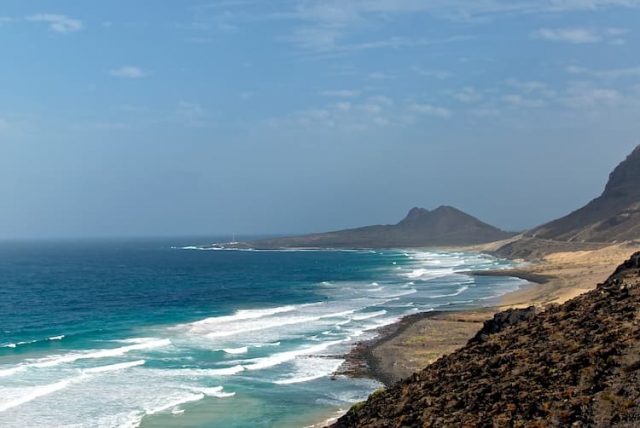
Cape Verde was one of the former Portuguese colonies with 570 kilometres off the West African coast. The official language in Cape Verde is Portuguese and the country now supports a population of around 500,600. Cape Verde attained its independence in 1975 and since 2007, it has been classified as a developing nation.
4. Equatorial Guinea
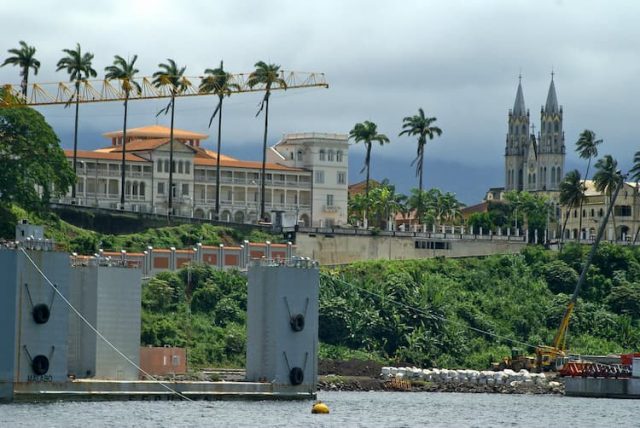
The Republic Equatorial Guinea has an area of 28,000 square kilometres in mid-Africa. Even though it is one of the smallest countries in Africa, it is also one of the richest and the official language is Spanish with French and Portuguese. Equatorial Guinea became a Portuguese colony in 1474. It was given up by the treaty to Spain in 1778, in exchange for the South American territory of Sacramento.
5. Mozambique
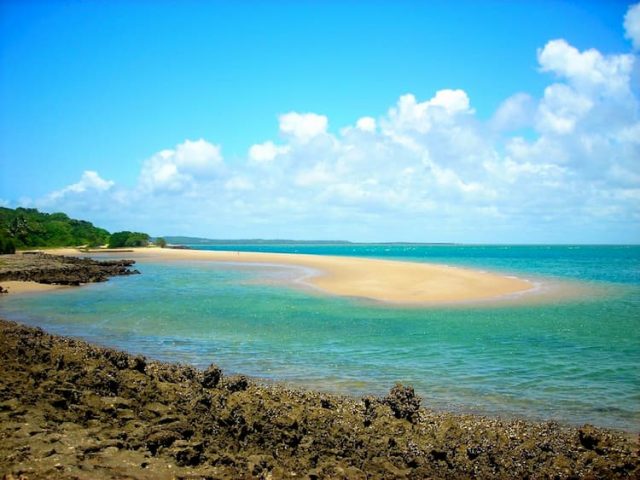
Mozambique is situated in Southeast Africa with almost 500 years as a Portuguese colony. The country has an area of 812,379 square kilometres, sharing borders with seven countries including South Africa; with a population of about 22.9 million. Mozambique gained its independence in 1975. It is also one of the major Lusophone countries where the Portuguese language is mainly spoken. You will find influences of Portuguese culture within its music and dances that are mainly related to religious and social practices.
6. Macau
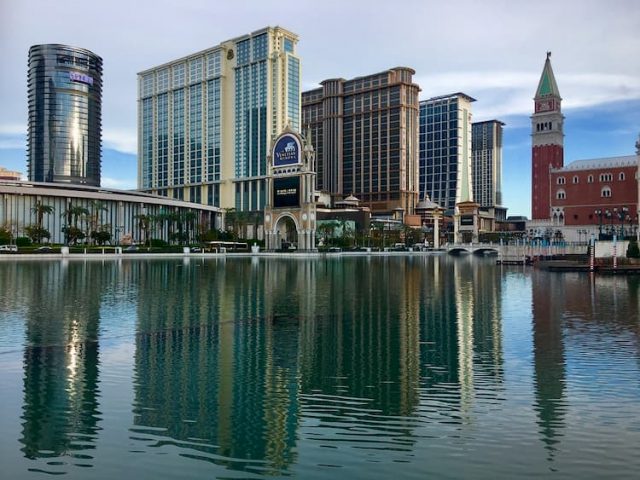
Macau officially became a Portuguese colony in 1887 but was transferred back to China in 1999. It has a policy of “one country, two systems” which means that the Central People’s Government of China is responsible for the defence of Macau and it associated foreign affairs. The combination of Chinese and Portuguese culture with a variety of religious traditions has produced a unique collection of festivals and customs. The Chinese New Year is regarded as the most important event. Among the population of 578,000, Catholic and protestant religions play a major role; thanks to the strong influence of Portuguese culture.
7. Goa
Goa has a rich historic state and is located on the west coast of India. Being a former Portuguese colony, it has a unique combination of Indian and Portuguese culture. It is significantly different from other parts of the country. Due to its Portuguese influence, it is isolated from the rest of India for over 450 years, up to 1961 when it was annexed. One of the major influences of Portuguese culture is in the food of Goa, such as the world-famous Vindaloo Curry. It is a fusion of Portuguese style cooking with Indian spices.
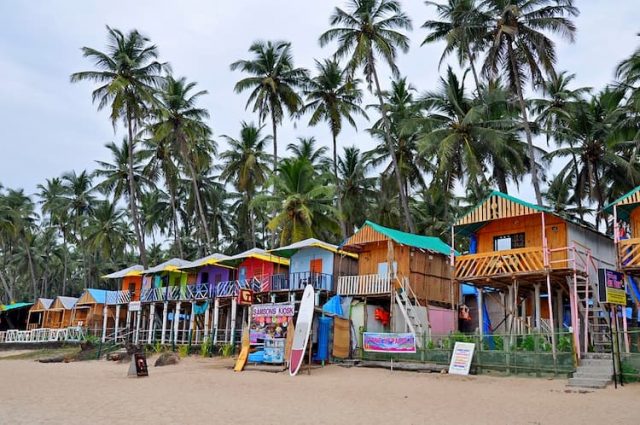
Overall, it is quite surprising that a country so small as Portugal could once have ruled larger countries, especially when you consider that Brazil, the 6th largest country in the world is one of the former Portuguese colonies. Thanks to their sea explorers like Vasco da Gama and Magellan, that much of South American and Africa became known to the world. So, which aspect of the Portuguese culture do you find most fascinating?

